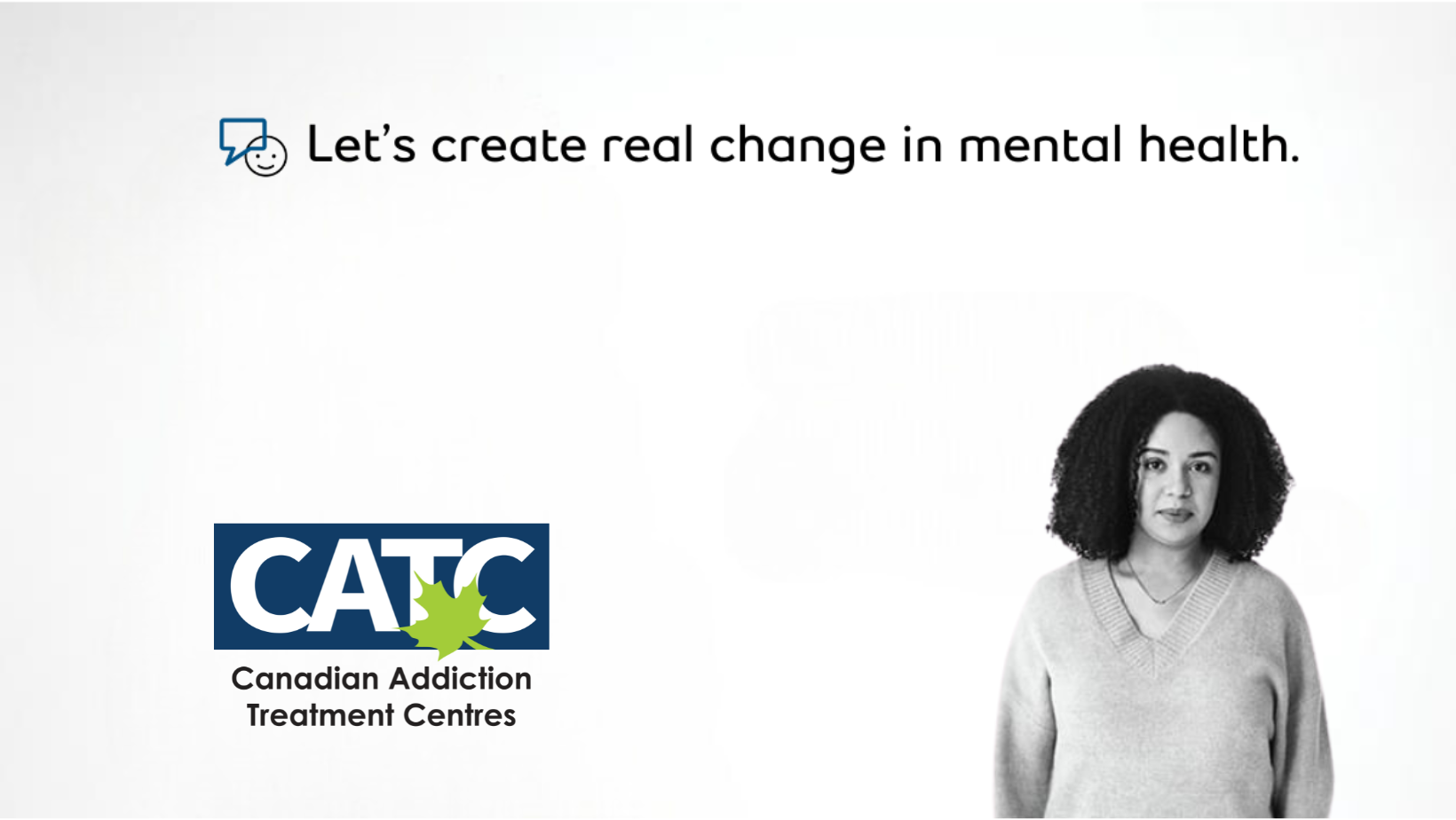
What is an Addiction Treatment Centre?
Overcoming the challenges of addiction and alcoholism can be incredibly difficult. At a rehab centre for recovery, they partner with you or your loved one to create an individualized treatment approach to achieve that goal. Look for a premier treatment facility accredited by the Commission on Accreditation of Rehabilitation Facilities (CARF) that offers a nurturing environment that promotes healing and long-term sustained recovery. The centres are situated all over Canada.
Most offer several types of addiction treatment plans, including medical detox, individualized therapy, group counselling, and aftercare treatment for extended support. They are committed to providing this range of addiction treatment services to best meet the clients’ needs as they progress through the various stages of recovery.
Types of Treatment
For many individuals, the first step toward recovery is acknowledging their personal struggle with substance dependence. The next step is finding a treatment program that can help restore their overall health, well-being, and happiness.
There are countless treatment options a person can choose from. For example, some people with severe forms of addiction treatment will choose a detox program before transitioning into inpatient rehab.
Others may choose an outpatient facility. After treatment, the individual is advised to continue reinforcing the lessons learned in rehab by attending support groups and therapy sessions. This is known as aftercare.
Recovering from an addiction isn’t easy. It takes a significant amount of willpower and self-discipline to achieve and maintain long-term sobriety. However, you’re never alone on this journey. During recovery, you’ll build strong relationships with others in recovery who can relate to what you’re going through. Your family, friends, and other loved ones also have your best interests at heart during this time.
Treatment programs are different for each individual and can be customized based on unique needs and situations. The most effective types of treatment programs ensure that individuals in recovery are actively involved every step of the way.
Inpatient Rehabs
Inpatient rehabs offer structured treatment programs designed to address all facets of an individual’s addiction. During inpatient rehab, patients reside in a substance-free facility and receive around-the-clock medical care and therapeutic support. Inpatient rehabs are a great option for individuals battling chronic addiction as well as those suffering from a co-occurring mental health or behavioural disorder.
Outpatient Rehabs
Outpatient rehabs are another form of comprehensive addiction care. These programs offer many of the same kinds of effective treatments and therapies as inpatient rehabs. However, outpatient rehabs allow patients to live at home during the recovery process. Patients can continue working and caring for their families while attending scheduled treatment sessions throughout the week.
It’s important to keep in mind that outpatient rehabs do not sequester patients from the real world; therefore, patients are at greater risk of encountering triggers that challenge their sobriety. Because of this, outpatient rehabs are suited for individuals with mild forms of addiction and a committed, disciplined approach to recovery. Outpatient programs are also an excellent “step-down” program after inpatient treatment.
Detoxification
Detoxification (detox) is the process of clearing the body of drugs or alcohol that an individual has consumed. The purpose of detox is to safely manage withdrawal symptoms when someone stops taking drugs or alcohol.
Everyone has a different experience with detox. The type of drug and how long it was used affect what detox will be like.
Medications used in detox can help keep the person comfortable while the drugs leave their body. It can take days or weeks to get through withdrawal, depending on the substance. The length of withdrawal depends on a number of factors, including:
- The substance the person is addicted to
- How long addiction has lasted
- Method of abuse (snorting, smoking, injecting, or swallowing)
- Amount of substance taken
- Family history
- Underlying medical conditions
Medications
During detox and throughout addiction treatment, patients may be prescribed medications to help with the recovery process. These medications are used for a variety of purposes that include managing withdrawal symptoms, reducing cravings, or treating co-occurring disorders.
Medications for addiction treatment have the most effective results when taken in conjunction with a comprehensive treatment program.
These medications work by blocking chemicals in the brain that trigger sympathetic nervous system activity. This reduces uncomfortable symptoms of detoxification, such as sweating, hot flashes, watery eyes, and restlessness. Additionally, it has been known to help lower anxiety and may even cut time off the detox process.
Some drugs commonly used include Clonidine, Naloxone, and Suboxone.
Faith Based Interventions
Some people prefer a more spiritual approach to their recovery. Faith-based rehab centres provide specialized programs and facilities that centre around faith. Within this type of rehab program, people in recovery can surround themselves with like-minded individuals who are looking for guidance from a higher power to stay strong in the journey ahead.
A Typical Day in an Addiction Treatment Centre
When considering addiction treatment, you may be wondering what you can expect during a standard day in rehab.
Residential inpatient treatment centres are very structured and organized, with similar activities and therapies in most centres. This minimizes stress and uncertainty among residents, and also allows for the safest and most supportive environment for healing and recovery. Depending on the setting and the amenities offered, daily activities may vary.
Mornings: A Healthy Breakfast and Early Meetings
Sleeping in is not part of the program, so expect to rise early in the morning to enjoy a healthy breakfast. Some programs offer morning classes such as yoga or meditation to help you begin the day in a relaxed state of mind.
Part of the treatment and recovery process centres on developing new, healthy habits that are intended to become routine in post-discharge life.
Afternoons: Daily Therapy
The middle of the day provides the most intensive treatment. After a healthy lunch, it is typical to begin a series of therapeutic sessions.
These often include the following:
Individual Behavioural Therapy
- Cognitive Behavioural Therapy (CBT) is one of the most effective methods used in addiction treatment centres. CBT hones in on your behavioural responses to specific triggers. Once those are identified, the therapist will guide you toward new, healthier responses to those triggers. The one-on-one therapy sessions provide a safe environment for you to feel free to open up and share your fears and concerns, allowing the therapist to provide tools and alternative behavioural responses to these sources of anxiety
- During dialectical behavioural therapy (DBT), severe mental illnesses such as obsessive-compulsive disorder (OCD) are treated in conjunction with a substance use disorder. This therapy aims to improve self-esteem, provide stress-management skills, and encourage individuals in recovery to remove triggers from their life.
- Experiential therapy utilizes non-traditional treatment methods to help recovering addicts overcome repressed feelings and emotions that may have contributed to their addiction. Common types of this therapy include outdoor recreational activities such as hiking.
- Biofeedback is a form of drug-free therapy that helps people in recovery understand their body’s involuntary processes. During a biofeedback session, a therapist places electronic sensors on a patient’s skin to monitor their brain activity. After reviewing brain wave patterns, the therapist can recommend a range of psychological techniques that can be used to help overcome addictions.
Group Therapy
Participation in group counselling provides a certain camaraderie, as all participants have experienced the struggles of addiction. It can be highly beneficial to the participants to share their personal stories with one another to allow for emotional healing. The group members often develop a sense of fellowship during the weeks in rehab, and as trust grows, they become more open in their sessions and develop a sincere compassion and understanding for each other’s battles.
Specialized Sessions
Some treatment centres provide specialized therapy sessions. These could be tailored for anger management, stress management or grief counselling, offering coping techniques to help improve one’s ability to handle issues in a controlled manner rather than feeling the need to use drugs or alcohol.
Family Therapy
Family counselling can be a crucial treatment element, which is why most drug treatment centres include it in their programs. Addiction affects the entire family, often culminating in destructive codependency, enabling behaviours or intense anger and resentment. During the family therapy sessions, many issues are resolved, and feelings are addressed. Intrinsic to the long-term success of any substance abuse treatment program, family participation factors heavily in future support for the addicted person after they are discharged.
Alternative Therapies
Some drug and alcohol treatment centres have various supplemental therapies available that offer more options.
Alternative therapy forms may include:
- Art therapy
- Music therapy
- Biofeedback
- Neurofeedback
- Exercise programs
- Equine therapy
In addition to therapy, rehabs may also host speakers who share their own stories, offering residents a sense of hope about their own future. Sometimes the speakers delve into practical issues like rebuilding careers post-treatment, or they simply offer inspirational speeches to help lift spirits.
Free Time in Rehab
There are usually a couple of hours of free time available in the afternoon to be used however the resident chooses.
Activities like pool or ping-pong, basketball, soccer, and volleyball may be offered, and some facilities have swimming pools.
Some people choose to spend free time reading or journaling and others may use the time for prayer or meditation.
Evenings in Rehab
After dinner, there may be another short group session. Typically, a 12-step program is available in the evenings, which is highly recommended. The meetings provide a safe, respectful, and anonymous environment in which fellowship can be fostered. This serves as an intrinsic element for long-term sobriety.
Bedtime is encouraged to be at a reasonable hour, as healthy habits are being cultivated during the inpatient program. By getting enough sleep, clients are more alert and have more energy to experience peak participation in daily treatment.
Seeking Treatment
There is no shortage of medications and therapies to help you through each stage of the recovery process, and at Thousand Islands Rehab Centre, we will help you find the combination of treatments that will work for you. Addiction recovery is a tough road, but you do not have to do it alone. Call us today and let us be part of your recovery journey.






